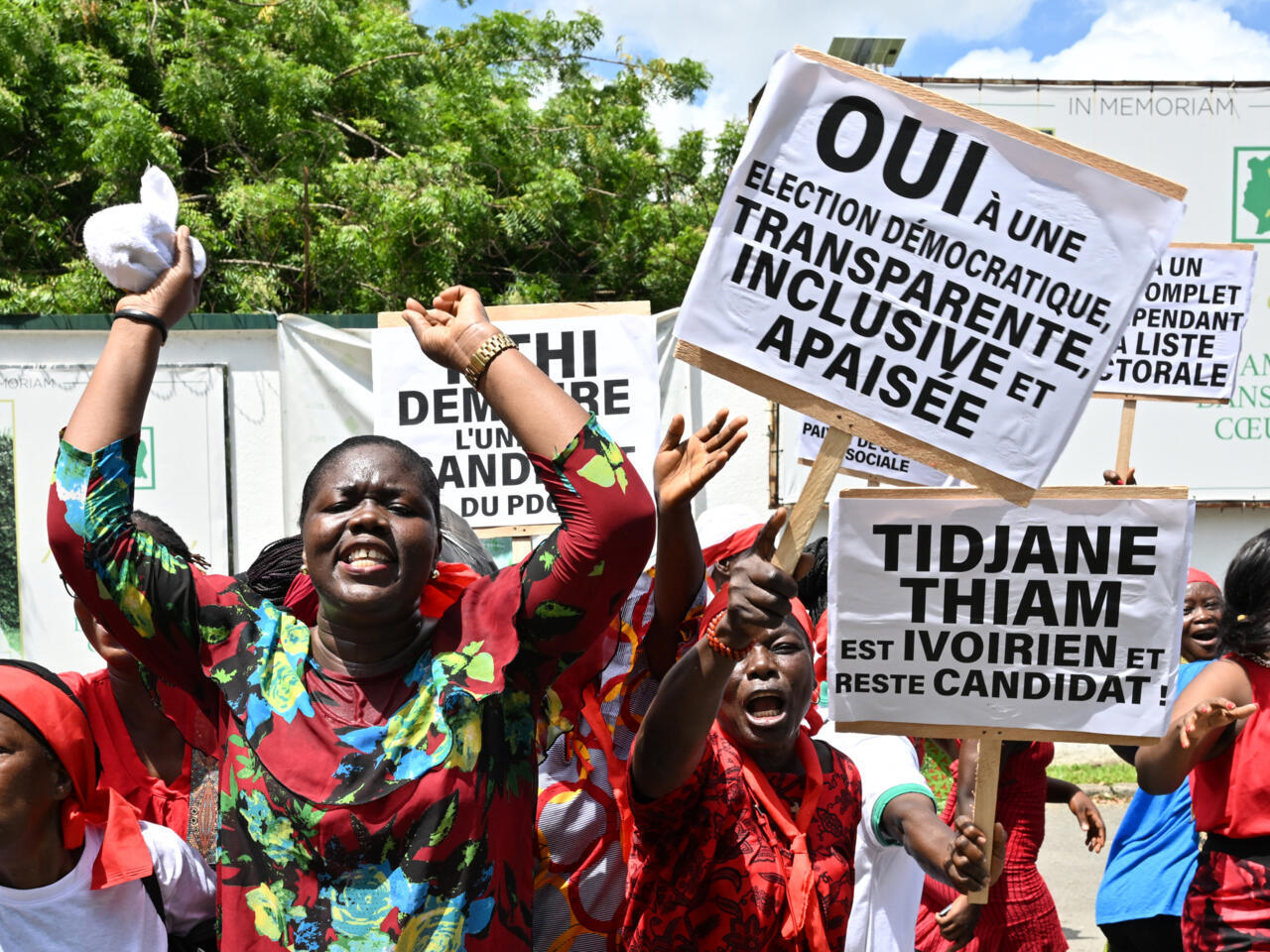Côte d’Ivoire is making headlines again, but not just for its booming economy. The West African nation’s recent presidential election has exposed deep political rifts, raising questions about the future of its democracy even as it posts impressive economic gains.
A Landslide Victory Amid Low Turnout
President
Alassane Ouattara has secured a controversial fourth term, winning nearly
90% of the vote in the October 25, 2025 election. But the numbers tell only part of the story: only about half of eligible voters turned out, a stark indicator of the climate of fear and political tension that surrounded the polls.
Observers from groups like ECOWAS and the African Union reported that voting day itself was mostly peaceful. However, the run-up to the election was marred by protests, especially in major cities like Abidjan and Yamoussoukro. Demonstrators—many supporting opposition figures excluded from the race—clashed with security forces, resulting in at least a dozen deaths, though no official toll has been released.
Opposition Outrage and Accusations
The opposition, including parties led by former president Laurent Gbagbo and ex-banker Tidjane Thiam, boycotted the election after being barred from running due to court rulings. They have branded Ouattara’s victory a “civilian coup d’état” and an “electoral heist,” calling the process unconstitutional and undemocratic.
The exclusion of major contenders and doubts about the neutrality of the electoral commission have fueled accusations that the government is undermining the country’s fragile democracy. The opposition’s ability to mobilize remains uncertain, but tensions are expected to simmer as Ouattara’s December 8 swearing-in approaches.
Economic Growth Masks Inequality
While political uncertainty looms, Côte d’Ivoire’s economy is on an upward trajectory. The country remains a top producer of cocoa and gold, and recent oil and gas discoveries are set to quadruple sector revenues. The government has introduced reforms to attract investment, including a new mining code and a beneficial ownership register to increase transparency.
Yet, this growth has not been evenly distributed. Economic inequalities persist, with many Ivorians feeling left behind despite the country’s impressive GDP numbers. As President Ouattara embarks on his new term, addressing these disparities will be crucial for long-term stability.
Security and Civil Unrest Concerns
International travel advisories continue to urge caution for visitors to Côte d’Ivoire, citing the risk of violent crime and civil unrest. While the country has largely moved past the violent crisis of the early 2010s, the scars of political conflict remain fresh, and the potential for unrest persists—especially in the wake of disputed elections.
What’s Next for Côte d’Ivoire?
With Ouattara’s final term set to begin, the spotlight is on whether his administration can deliver the democratic reforms and economic inclusivity the country desperately needs. Experts warn that unless the electoral system is overhauled and opposition voices are meaningfully included, Côte d’Ivoire risks repeating the cycle of political crisis in future elections.
For now, Ivorians are watching closely—hoping that the promise of prosperity will not be overshadowed by the ghosts of political discord.
Sources
1. Côte d'Ivoire's presidential election entrenches democratic fragility
2. Côte d'Ivoire (Ivory Coast) Travel Advice & Safety | Smartraveller
3. Côte d'Ivoire: Gbagbo removes 22 PPA-CI 'recalcitrants' | APAnews
4. Côte d'Ivoire | EITI
5. Côte d'Ivoire: a growing economy despite inequalities [Business Africa]
6. Côte d'Ivoire Post-Gbagbo: Crisis Recovery - EveryCRSReport.com
7. West Africa border security operation targets Foreign Terrorist Fighters
8. Cote d'Ivoire | Culture, History, & People - Britannica
9. Hydrocarbons: 45% increase in profit for Vivo Energy Côte d'Ivoire in ...
10. News & Events - U.S. Embassy in Côte d'Ivoire
11. 2023 Country Reports on Human Rights Practices: Côte d'Ivoire
